How much water would you say you drink?
I love water but I still don’t think I drink enough on a consistent basis.
Occasionally I have clients who really don’t like water at all and drink almost no water. And I wonder – what harm could that be doing to the body?
There are not clear guidelines on how much water to drink so I wanted to consider these 5 questions about drinking water for wellness and try to summarize some general recommendations that might help you decide if you are drinking enough water.
1. Why do we need water?
Our body is 60-75% water. Without water, humans can survive only for days.
So, we know water is necessary to live. In fact, every cell in our body requires water to function properly.
Basic daily functions such as digestion need water to work well. Water helps keep our stools moving along and prevent constipation.
Water helps detoxify by carrying toxins out of our body. Decaf green tea can also be good for detoxification.
2. Will water help lower blood sugar?
I get this question frequently. If my blood sugar is high will drinking more water help bring it down?
My short answer is No – but it will help your body stay hydrated.
High blood sugars do put you in a state of dehydration, which could be mild or severe, but the only thing that brings blood sugar down is insulin – either what your body is making – or what you are taking for insulin in the form of injections or pump therapy.
So, drinking enough water is even more important when you have diabetes, to keep from being dehydrated.
Moving around and time will help your body’s insulin work more effectively on lowering your blood sugar.
If you are taking insulin you need to make sure you have instructions from your doctor or diabetes educator on how to handle high blood sugars, especially if they are running over 250 mg/dL.
3. Will drinking water help me lose weight?
Again, the answer is fuzzy. Our body is so complex, and we don’t know everything about how water affects our metabolism, but there are some situations where my answer is likely to be YES.
- When you replace drinks that have calories with water. Examples would be . . .
- Instead of drinking a 20 oz cappuccino, drink your coffee black and save 150-200 calories or more.
- Instead of drinking a 20 oz regular soda, save yourself over 250 calories by drinking water.
- There is some research that says drinking diet soda will make your body crave sweets so if you find that that is the case for you then you might eat less by drinking more water.
- Sometimes our thirst and hunger signals are not clear and when you feel hungry, drinking water helps prevent unnecessary snacking.
- Not drinking enough water can make us feel more fatigued and zap our energy to exercise, which works against our weight loss efforts.
4. How much water should I drink?
There are common guidelines but no official recommendations. Drinking 8-9 glasses daily is the most common recommendation range I see, or some recommend ½ oz water daily per pound body weight. For a 150-pound person that would be 75 oz or almost 9.5 cups water daily.
Just remember more is not necessarily better, and I would use 48-72 oz as a goal range, but then pay attention to signs and situations where when you might not be getting dehydrated.
These are some situations when we need to pay attention to drinking enough water:
- As we get older – our bodies have a lower percentage of water AND we tend to drink less water AND we lose some of our thirst signal.
- In the heat – Staying hydrated is important to help our body regulate our temperature. Body water loss through sweat is an important cooling mechanism in hot climates and during exercise. An important factor to note is for those who have autonomic neuropathy – this will impair the sweating response and make a person more susceptible to getting overheated.
- To prevent kidney stones and bladder infection. Some people are more prone to kidney stones and our kidneys play a big part in regulating our fluid balance in the body. The kidneys also require water for filtering waste from the blood stream and getting rid of waste in the urine. High blood sugars and some diabetes medications make our body more susceptible to bladder or urinary tract infections, so drinking adequate water can help prevent those problems.
- When we are sick with fever, vomiting or diarrhea we lose a lot of fluid and can easily become severely dehydrated, especially if blood sugars are also elevated. Because of the stress on our body, illness can definitely make blood sugars increase.
We do also get water from many foods.
For example, the following foods are all 80% or more water: fat-free milk, cantaloupe, strawberries, watermelon, lettuce, cabbage, celery, spinach, pickles, squash (cooked), fruit juice, yogurt, apples, grapes, oranges, carrots, broccoli (cooked), pears, and pineapple.
How do you know if you are drinking enough water?
Look at your urine. Light yellow or clear is best.
Be aware of the signs of dehydration, which can be thirst, dry mouth, dark urine, fatigue, headache or dizziness.
What if I hate water? . . . Coffee, tea, milk, seltzer, diet beverages are fluid and will hydrate you, but your body will function better with also getting pure water.
What about alcohol? That’s an entire topic for another day but one thing we are not so good at is portion control and this applies to alcohol as much if not more than it applies to food.
The recommendation for alcohol is no more than 2 drinks daily for men but only 1 drink daily for women. This is because women clear alcohol from the body slower than men.
Do you know how much “a drink” is?
- Beer 5% alcohol = 12 oz
- Wine 12% alcohol = 5 oz
Spirits – rum, gin, vodka, whisky 40% alcohol (80 proof) = 1.5 oz
5. What if my water is not safe to drink or tastes terrible?
I remember my dad saying many years ago that good water is going to become a rare thing. And he was right. The quality of our water is more and more a concern.
We had our water tested several years ago and was found to be high in nitrates, so I thought we were safe using a reverse osmosis system but according to an article I read, it seems I need to do more research. The article states that reverse osmosis only takes care of chlorine and heavy metals. I will be calling my reverse osmosis system company soon to ask about this!
Another disturbing thought that this article states is that 40% of bottled water is contaminated, and water packaged in plastic bottles contains xenoestrogens leached from the plastic, which cause hormone disruptions and are linked to prostate and breast cancer.
Here is a link to the full article.
You can also read about common water misconceptions in this article.
I know some people don’t like water but remember – it is not optional – good water is necessary for every system in our body to work well!
If you don’t like plain water, try different flavored waters or flavor your own. Once I got away from drinking diet soda, I don’t really enjoy the taste anymore. My favorite form of water lately is with slices of lemon. I buy whole lemons and slice them and before adding a couple slices to my glass of water, and I squeeze the juice out to add more flavor.
If you have more questions or need help changing your water drinking habit or eating habits. Contact me to find out how I can help.

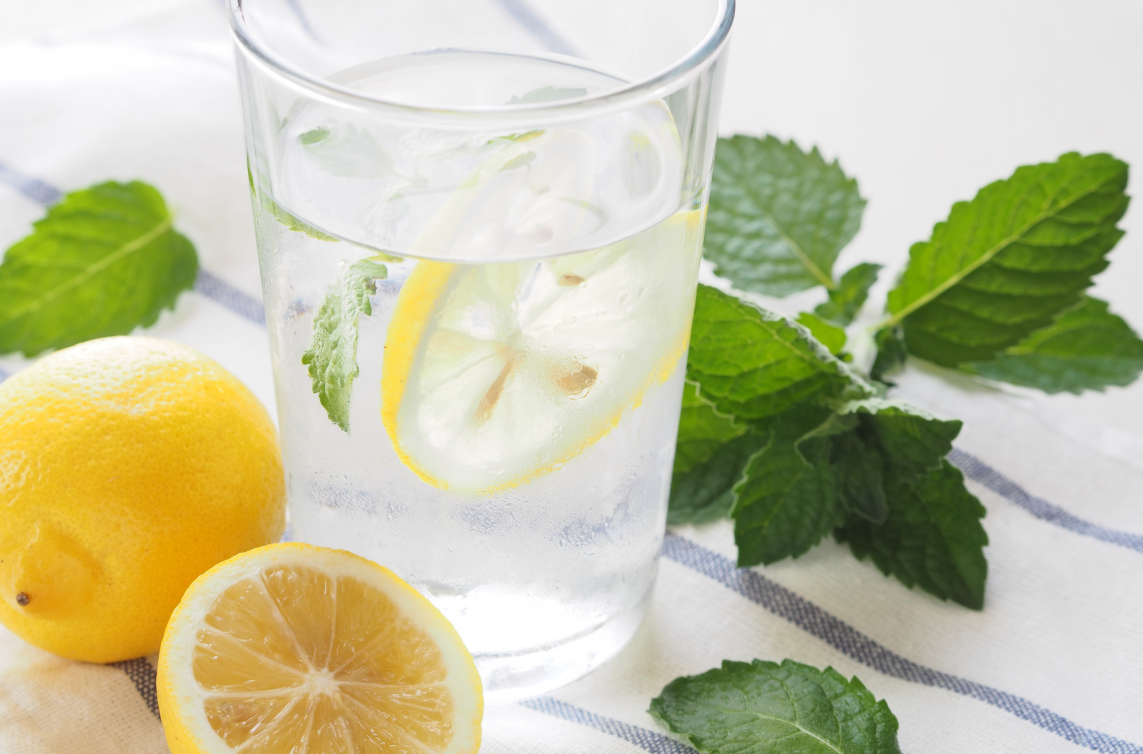
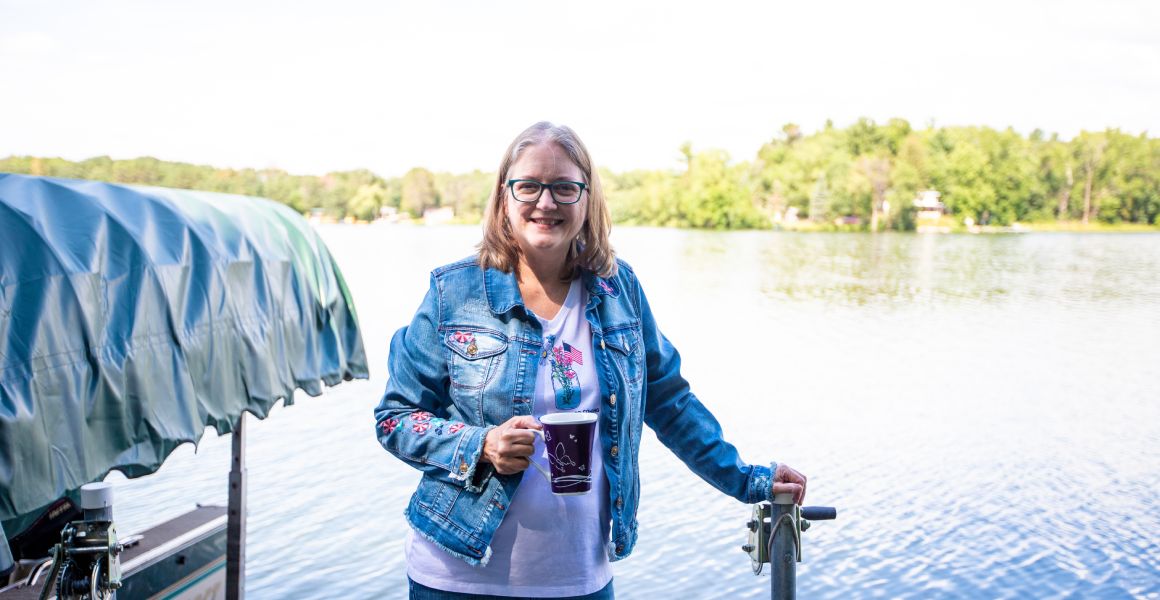
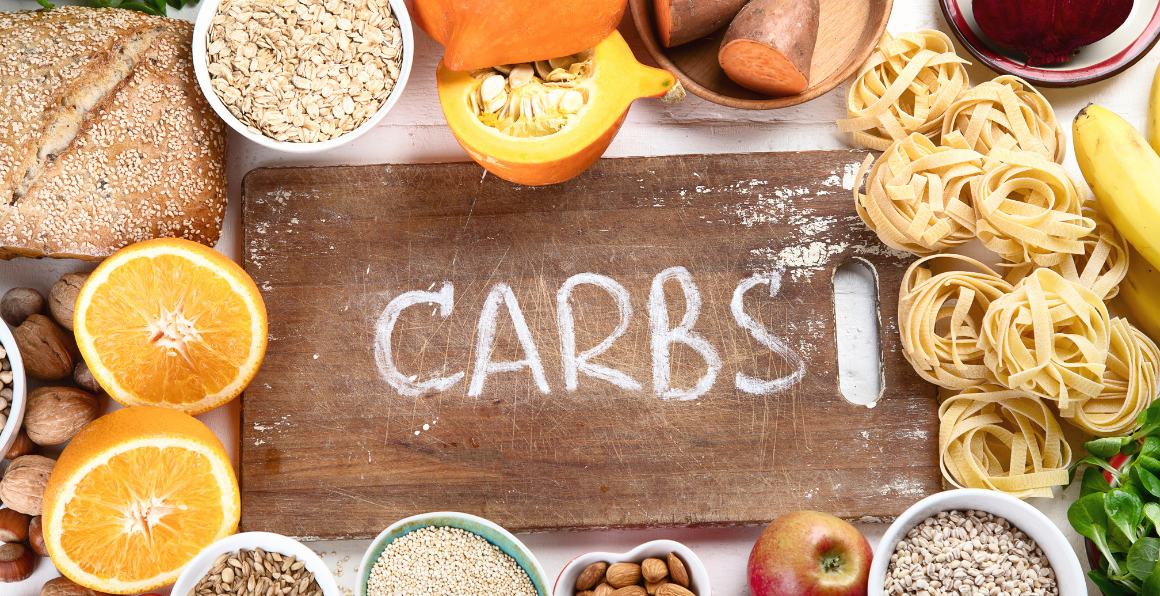

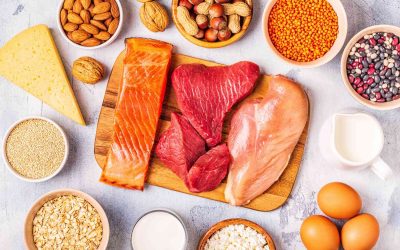
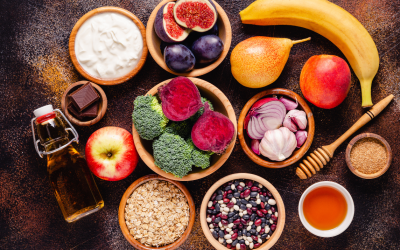
0 Comments